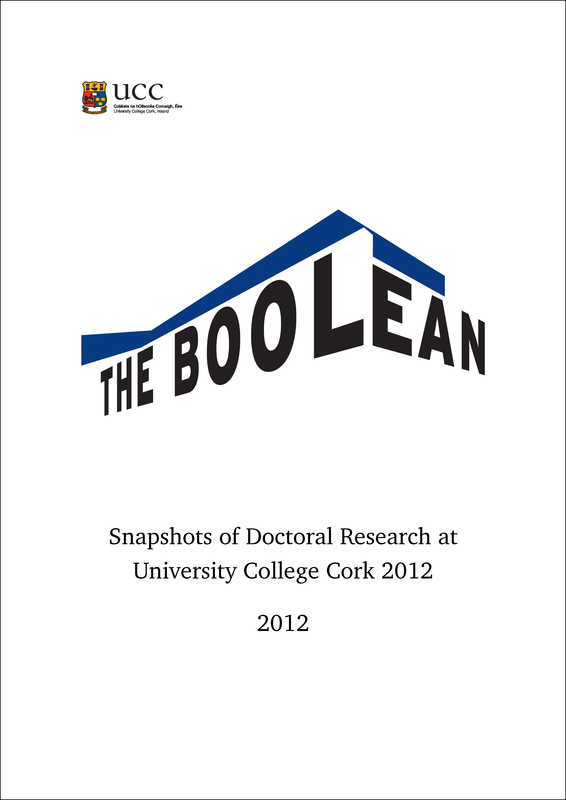Old drug, new use: Can Amitriptyline improve mood and reduce skeletal muscle inflammation in a mouse model of Duchenne Muscular Dystrophy?
DOI:
https://doi.org/10.33178/boolean.2012.11Abstract
DMD is an inherited genetic disease affecting 1 in 3500 males. It results from the deletion of a gene which makes the protein Dystrophin. Dystrophin is essential for maintaining the structure of cells. In skeletal muscle, it acts as an anchor for structural components inside the cell. When dystrophin is missing, it leads to mechanical damage and tears in the muscle cell wall, which causes a cascade of events and leads to chronic inflammation. The chemical components of this inflammatory response lead to extensive muscle damage in sufferers. Muscle tissue is replaced with collagen and fat cells, leading to a significantly weaker and dysfunctional muscle. Sufferers of DMD are wheelchair-bound by their teenage years, and don’t normally live beyond their twenties. Clinical presentation of the disease occurs when young boys start walking; the weight put on the muscles of the calf exasperate the damage and they have difficulty running, jumping, ...References
Published
2012-01-01
Issue
Section
Articles
License
Copyright (c) 2012 the author(s)

This work is licensed under a Creative Commons Attribution-NonCommercial-NoDerivatives 4.0 International License.



